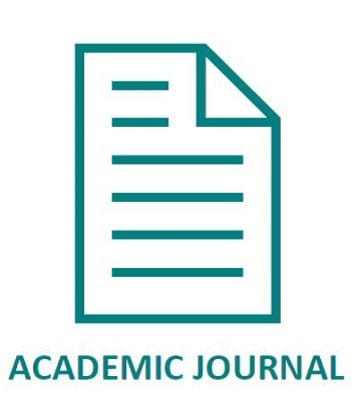Framework for the optimization of operation and design of systems with different alternative water sources
Abstract
Water security has become an increasing concern for many water system managers due to climate change and increased population. In order to improve the security of supply, alternative sources such as harvested stormwater, recycled wastewater and desalination are becoming more commonly used. This brings about the need for tools to analyze and optimize systems that use such sources, which are generally more complex than traditional water systems. Previous methodologies have been limited in their scope and cannot be applied to all types of water sources and systems. The framework presented in this paper has been developed for holistic analysis and optimization of water supply and distribution systems that use alternative water sources. It includes both design and operational decision variables, water and energy infrastructure, simulation of systems, analysis of constraints and objectives, as well as policies and regulations which may affect any of these factors. This framework will allow users to develop a comprehensive analysis and/or optimization of their water supply system, taking into account multiple types of water sources and consumers, the effect of their own design and operational decisions, and the impact of government policies and different energy supply options. Two case study systems illustrate the application of the framework; the first case study is a harvested stormwater system that is used to demonstrate the importance of simulation and analysis prior to optimization, the second utilizes four different water sources to increase security of supply and was optimized to reduce pump energy use.
Note: Journal articles and conference papers (and links where available) are available under open access arrangements where possible. Otherwise please contact your institution’s library, the authors, or publishers to organise full access.
